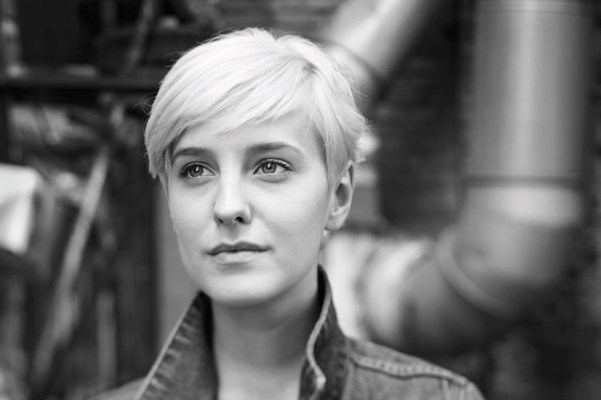Every now and then, I like to step away from mental health as it pertains to individuals and look at the well being of the community as a whole. This means straying into the social at the expense of the medical/psychological.
As a collective, I believe we suffer from a case of cognitive dissonance. At a basic level, this means that when we believe one thing but act as though we believed the opposite, we enter into a state of internal conflict. Of moral ambiguity. This is not a good place to be, not least because in the long run both our beliefs and motivation to act are eroded, leaving us stressed and morally inert.
I will illustrate this idea with two issues and then suggest a way for us, as a community, to become more psychologically grounded.
We all feel that folks with disabilities, or those who for whatever reason live in extreme deprivation, ought to be taken care of. Yet, we stand idly by as social welfare monies keep these people in a box – in what some call a state of legislated poverty. Many protest when do-gooders from the left call for more financial support.
“They’ll just spend that money on drugs and alcohol” is a conventional objection.
More flummoxing is the matter of chronic homelessness and the many personal and social ills that attend it. We apprehend urban tent cities with horror – quite justly – yet balk when conventional solutions are proposed. Low-income housing. Shelters. That sort of thing. Not in my backyard. Not with my taxes.
Hot air and good intentions.
A recent study, conducted in Vancouver and which I discovered from a story on CNN, lends support to my view that there is one solution: money.
I’ll not bother you with the granular details, so here it is in brief.
A balanced cohort of homeless folks on the Downtown Eastside were each given a lump sum of about $6,000. Each soul was receiving disability or welfare income. The agreement was that this money was to be spent wisely. Yeah, right, one might say.
In the majority of cases, the six grand was spent on stable housing away from the shame of Vancouver’s poverty slum and toward food, clothing, and little treats for kids. The money was a leg up – an opportunity to get closer up the pyramid to the peak of Maslow’s hierarchy of needs, which is self-actualization.
After basic human support, the intermediate steps on the pyramid are, in ascending order, love and acceptance and esteem. Without these, we are lost. At sea.
In my view, as a community we possess the power to address these steps – these needs so sorrowfully lacking in our vulnerable community. In doing so, we can resolve the dissonance – the gap between thoughts and action – and thusly we become complete.
I have frequently criticized the Canadian Mental Health Association for its lack of presence on our Coast. No more. The CMHA is now here – in a temporary space next to the Salvation Army on Gibsons Way. It’s a drop-in for anybody who wants to talk. No stress. No judgment. The staff (I am one) are expert in finding resources and solutions. That’s our mission.
For those among us with means, I’d urge you to donate to the CMHA. Let’s act on our beliefs.



